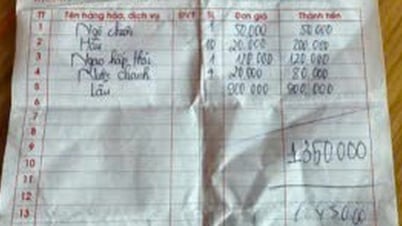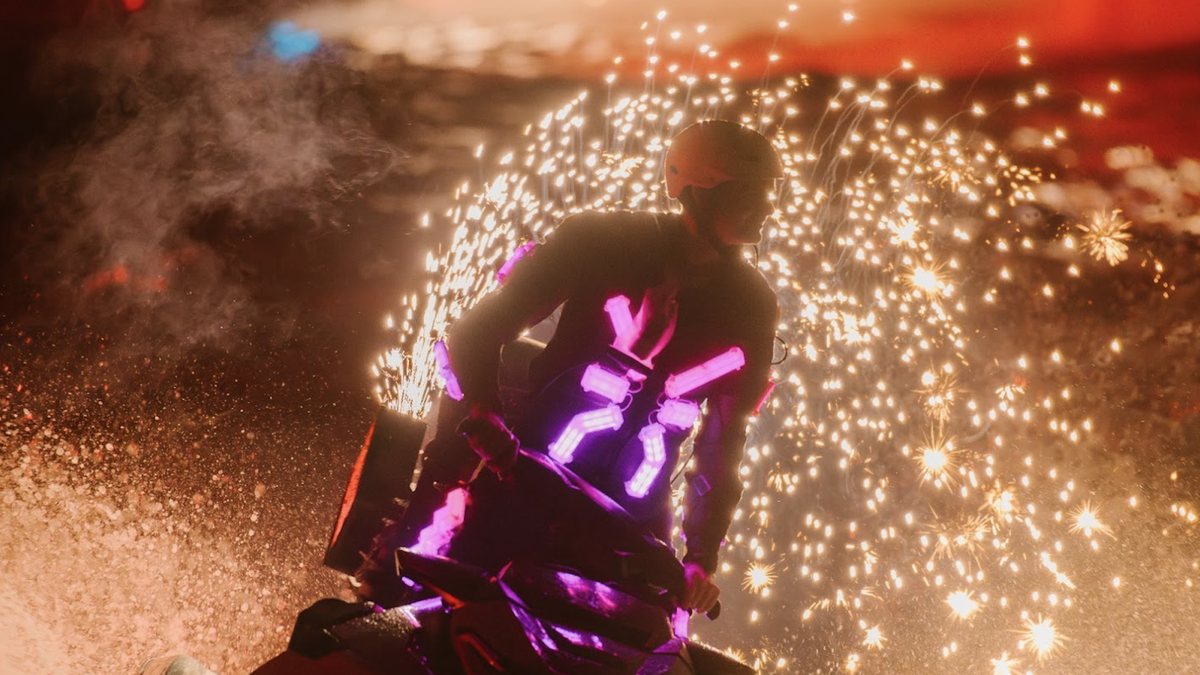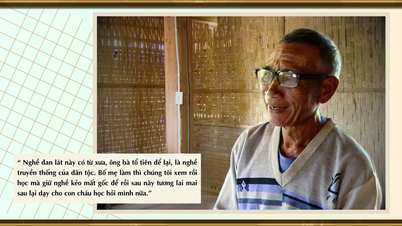
Mr. Nguyen Xuan Thanh - lecturer of public policy, Fulbright University Vietnam - Photo: TP
Many banks, good for competition but also a challenge for management
Mr. Thanh said that Vietnam currently has 35 banks, of which 5 are zero-dong banks, weak and under special control.
"Many banks are good for competition, good for businesses to access credit, good for depositors, but also very challenging for management.
Some reasons that make joint stock commercial banks fall into a weak state: The bank is manipulated by a group of shareholders with a large ownership ratio to create control through cross-ownership. The cross-ownership structure helps neutralize regulations on ensuring safe operations.
In addition, banks' credit provision to businesses and projects in the "ecosystem" is ineffective and the loans become bad debts. As a result, weak banks have to restructure," Mr. Thanh analyzed.
Lawyer Truong Thanh Duc - director of ANVI Law Firm, VIAC arbitrator - said that "compulsory transfer" to restructure commercial banks is a concept that has been in the Law on Credit Institutions since 2017. However, it will not be applied in practice for the first time until the end of 2024.
The reason for the bank being "forced to transfer" is that it has accumulated losses greater than 100% of the value of its charter capital and reserve funds, meaning the stock price could be 0 VND (shareholders cannot sell).
"With the mandatory transfer process for the four banks OceanBank, CB, GPBank, DongA Bank, the above banks are organized under the model of a single-member LLC and 100% of the capital is owned by the four joint-stock commercial banks. In essence, the four banks are being forced to transfer for the second time," Mr. Duc commented.
Bank restructuring must be mandatory

Lawyer Truong Thanh Duc - Director of ANVI Law Firm, VIAC arbitrator - Photo: TP
Looking at the history of restructuring weak commercial banks from 2011 to present, there are forms of restructuring such as: merger, consolidation, participation of new investors, and compulsory transfer.
According to Mr. Nguyen Xuan Thanh, the policy lessons in restructuring commercial banks are that the Central Bank must play the role of "lender of last resort" to ensure liquidity and prevent systemic risks of collapse. Restructuring must use real money, which can come from the state or from new investors.
Restructuring must go hand in hand with changes in ownership structure towards reducing cross-ownership. At the same time, a more integrated inspection and supervision system is needed to detect and prevent non-compliance in both the money and capital markets.
In addition, there is a need for transparency in the banking system. Currently, all joint stock commercial banks, if not listed, must publish periodic financial reports. However, there are many weak banks that do not publish financial reports.
According to Mr. Thanh, restructuring must be mandatory.
"In fact, in the past, after being forced to transfer, banks will change their names and become digital banks. This is a form of conversion without eliminating the banking license. The move to become a digital bank also shows that the brand value of banks no longer exists, only the value of the license remains," Mr. Thanh commented.
Source: https://tuoitre.vn/tai-co-cau-ngan-hang-phai-dung-tien-that-20250411175330133.htm





![[Photo] Prime Minister Pham Minh Chinh chairs a meeting of the Steering Committee for key projects in the transport sector.](https://vphoto.vietnam.vn/thumb/1200x675/vietnam/resource/IMAGE/2025/5/10/0f4a774f29ce4699b015316413a1d09e)








































































![[Photo] Go to Y Ty to see "Mirror of the Sky"](https://vphoto.vietnam.vn/thumb/402x226/vietnam/resource/IMAGE/2025/5/10/3163c61812c14c12ba1f3d3c301e2db9)














Comment (0)